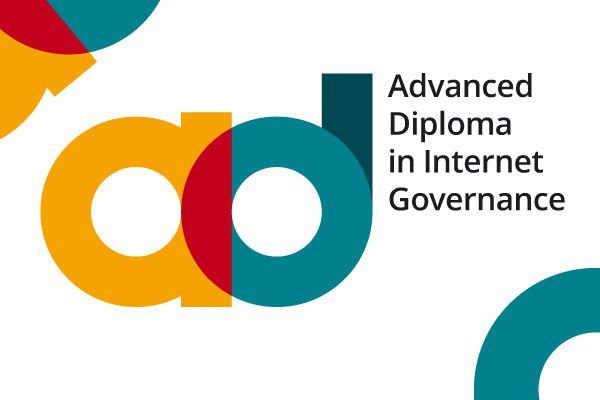Children and young people are among the most avid users of mobile technologies, which can have a tremendous positive impact on their lives. Like any tool, however, mobile technologies can be used to cause harm, and parents, governments and industry have a role in protecting and supporting children who are connected. This course looks at the issue from several angles, including cultural differences regarding children’s use of mobile devices, child online protection and whether regulation is necessary.
This seven-week online course is offered by the GSMA’s Capacity Building in Mobile Sector Regulation initiative, in cooperation with DiploFoundation. The course is aimed primarily at staff and management of national telecommunications regulatory authorities. Participation in this course is fully funded by the GSMA.
What will you learn?
- Identify the rights of the child and explain how ICTs can both support these rights, and put them at risk.
- Describe what is known about children’s use of mobile technologies.
- Explain the benefits and the risks of mobile technology for children, and propose how to mitigate the risks of mobile technology for children.
- Argue in favour of the promotion of safe and responsible digital citizenship.
- Explain the role of regulation and legislation in child online protection.
- Explain the role of the Internet in child online sexual exploitation, and describe approaches and solutions to combatting child online sexual exploitation.
- Describe and assess the current environment for child online protection in their own countries.
- Propose elements for a high-level action plan for child online protection in their countries based on good practices presented during the course.
How will you learn?
In this course you will interact intensively in discussions with classmates and lecturers from around the world. You will receive guidance and personalised feedback on your classwork from the course team.
How long will you learn?
The course lasts for 7 weeks:
- 1 week of course introduction and orientation to online learning
- 6 weeks of addressing the course topics one by one (see below for more details)
Course lecturers
Stephanie Borg Psaila
Director of Digital Policy
Who should apply
This course is aimed primarily at staff and management of national telecommunications regulatory authorities (NRA) at all stages in their careers. Priority will be given to applicants from developing countries.
Applications from professionals working in other institutions or fields relevant to child online protection will be considered if places remain in the course session.
Overview
The course consists of 6 modules:
- Children in the digital age: Mapping the field; understanding children’s use of technology (age of access, use of smart phones and tablets, trends in social media use, worldwide issues with local nuances); the relevance of research to policy-making.
- Rights, opportunities, and risks: Children’s rights, the UN Convention on the Rights of the Child, and its applicability to the online world; opportunities for children; risks for children and young people; mitigating the risks.
- Policies, roles, and responsibilities: Child online protection policy (legislative measures, self- and co-regulatory measures, technical measures, awareness raising and education, taking it global); roles and responsibilities: a multistakeholder approach (children and young people, parents and guardians, educators, industry, civil society, governments and law enforcement).
- Online child sexual abuse: The role of the Internet, and risky behaviour; child sexual abuse material (terminology; the nature of the crime; finding and removing child sexual abuse content).
- Combatting online child sexual abuse: Key stakeholders (governments, law enforcement agencies, hotlines, industry, international and local NGOs, United Nations and other international organisations); legislative frameworks; techical and process-based measures (reporting mechanisms, other technical solutions, collaboration between law enforcement and industry); victim support.
- Formulating a national strategy for child online safely: Guidelines for stakeholders; guidelines for policy-makers; a balanced approach; course review and wrap-up.
Also of interest
Need more info:
DiploFoundation (attn Tanja Nikolic)
Anutruf, Ground Floor, Hriereb Street Msida, MSD 1675, Malta
Methodology
This online course is based on a collaborative learning approach, involving a high level of interaction. Reading materials and the necessary tools for online interaction are provided in a virtual classroom.
Each week, participants study and discuss course materials and complete additional online activities. At the end of the week, participants and lecturers meet to discuss the topic of the week. For successful completion, this course requires a minimum of 5 to 7 hours of study time per week.
Prerequisites
Applicants must have:
- At least one year working experience at the national telecommunications regulatory authority (NRA) (or other relevant institution or organisation) with preference given to applicants from developing countries.
- Sufficient knowledge of the English language to undertake reading academic texts, discussing complex concepts with other course participants, and writing short texts.
- Regular access to the internet (dial-up connection is sufficient, although broadband is preferable).
Fees and scholarships
Participation in this course is fully funded by the GSMA. There is no tuition fee for selected applicants.
How to apply
If interested in this course, please contact us at admissions@diplomacy.edu



